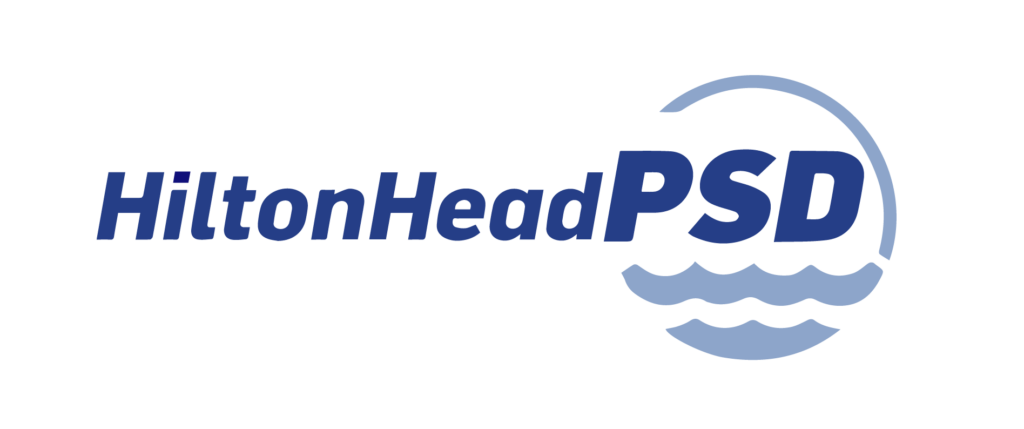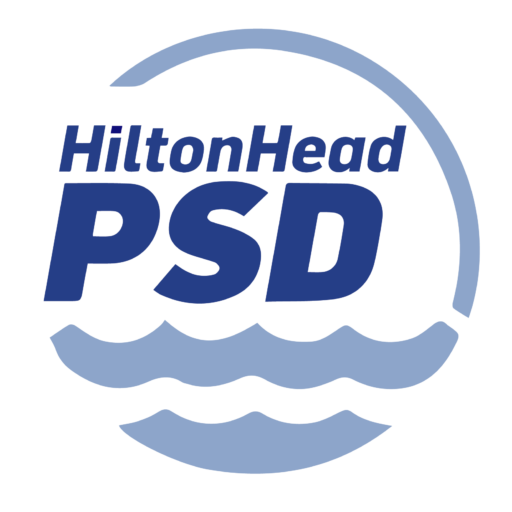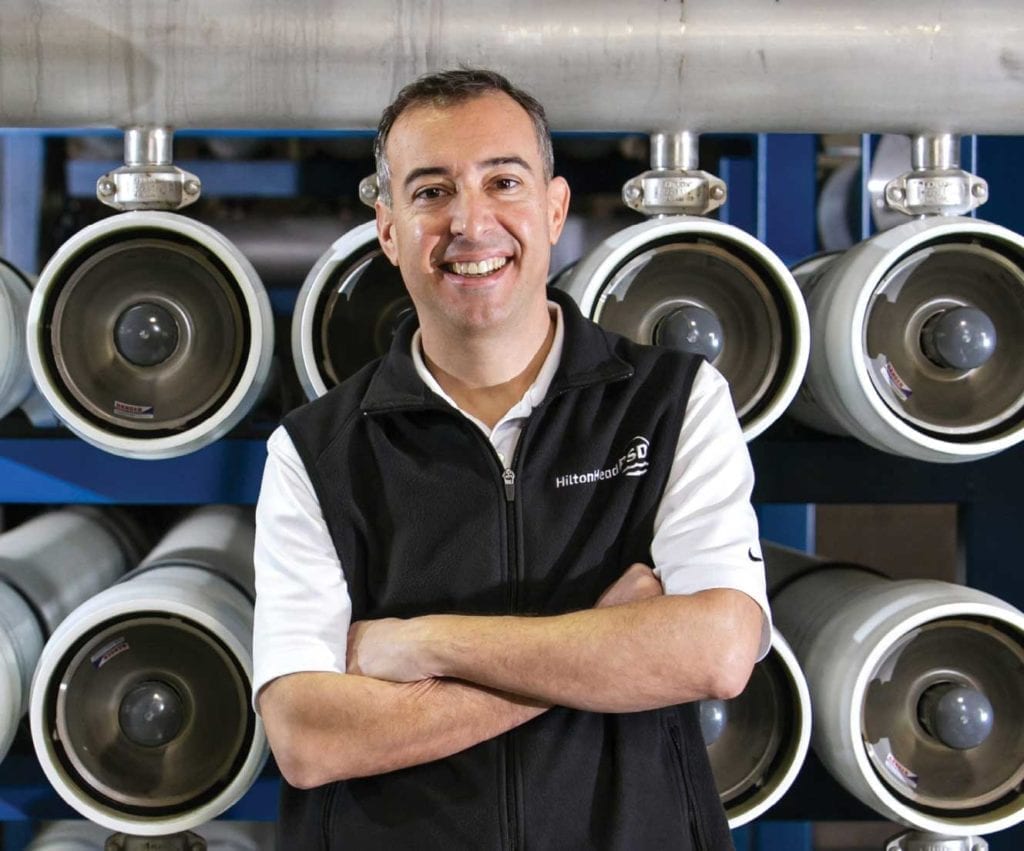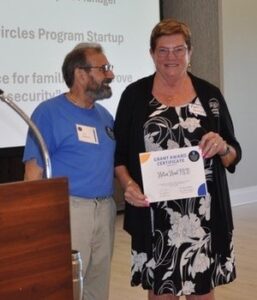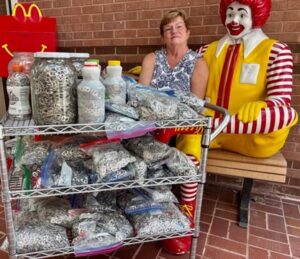Hilton Head PSD’s General Manager Pete Nardi featured in LocalLife Magazine
Story from LocalLife Magazine by Barry Kaufman + Photography by Lisa Staff
Living as we do in the Lowcountry, water nearly literally surrounds us. Those living along the string of barrier islands in our region see it everywhere they look, and even the mainlanders weave in and out of tidal creeks as they live their lives. Even if you don’t see it, it’s there.
It’s essential to life, as much a part of us as the air we breathe, and it’s often the thing we take most for granted. We scour other planets looking for it, and we seek it out whenever the Lowcountry heat gets too much. It’s water, and for these three locals it’s the most important element there is.
Pete Nardi — Pioneering uses for recycled water
Hilton Head Public Service District General Manager Pete Nardi took a somewhat circuitous route to his career in water management. Starting his career in Claremont, New Hampshire, he worked as a reporter at “a small ma and pa weekly,” doing everything from writing copy and taking picture to selling ads.
It was his wife’s legal career that brought him to the Lowcountry 20 years ago, and he found a journalism career waiting for him here. As a reporter for the Island Packet, he covered everything from crime and courts to breaking news and county government.
In 2004, he was hired as a community relations manager at Hilton Head PSD, just as challenges to the island’s water supply were beginning to rise to the surface. Salt water intrusion into the aquifer was a hot topic, and all eyes were on PSD to see how it would handle it. It turned out, quite well.
WE’RE A UTILITY THAT HAS TO MEET A PRETTY WIDE FLUCTUATION IN DEMAND, FROM 6 MILLION GALLONS A DAY IN WINTER TO A PEAK OF 11-12 MILLION A DAY IN SUMMER,”
“When you think about it, there are several different businesses that the PSD is operating – drinking water, wastewater collection and treatment, and recycled water. We’re producing drinking water, so we’re operating our own freshwater and brackish groundwater wells. The brackish groundwater is treated in our reverse osmosis water plant on Jenkins Island, and it’s the majority of our supply,” said Nardi. In addition to drinking water produced at the reverse osmosis plant, the PSD operates freshwater wells, and purchases treated drinking water from the mainland. The PSD’s aquifer storage and recovery facility stores 260 million gallons of treated water underground in the winter months when demand is low, then re-treats and withdraws it during peak demand in the summer months. That way, it can take advantage of the off-peak wholesale water rate.
And it is needed. “We’re a utility that has to meet a pretty wide fluctuation in demand, from 6 million gallons a day in winter to a peak of 11-12 million a day in summer,” he said. That wide swing in the summer is partly due to our many visitors, but a much bigger piece of that is the increased demand for irrigation.
That irrigation not only puts a strain on water sources, it adds pollutants to the watershed. “We’re seeing 40 to 60 percent of our treated drinking water being used primarily for residential irrigation here on the island,” Nardi said. “That’s a paradigm that we really want to start a conversation about changing. If we do it, we can help save our precious local water resources, stave off the need for costly capital projects to develop more water supply, and reduce the amount of chemicals running off of our landscapes and into local watersheds.”
And it’s here that Hilton Head PSD has shown some real ingenuity.
“The PSD is not just drinking water, it’s a wastewater treatment and recycled water utility,” he said. “What we’re doing with treated wastewater is pretty unique; we’re recycling it into golf course irrigation or into interior wetland habitats to help maintain those habitats. Not a lot of North American communities do it, but Hilton Head Island kind of pioneered that.”
The water recycling program stemmed from a similar program devised in the early days of The Sea Pines Resort, and one that Nardi says stacks up as an example to follow nationally.
“I get excited talking about our recycled water program because it’s unique. Many places in North America are putting their treated wastewater back into a surface water, like a river or lake. They want to move to the type of reuse program that Hilton Head Island has been doing for decades.”
